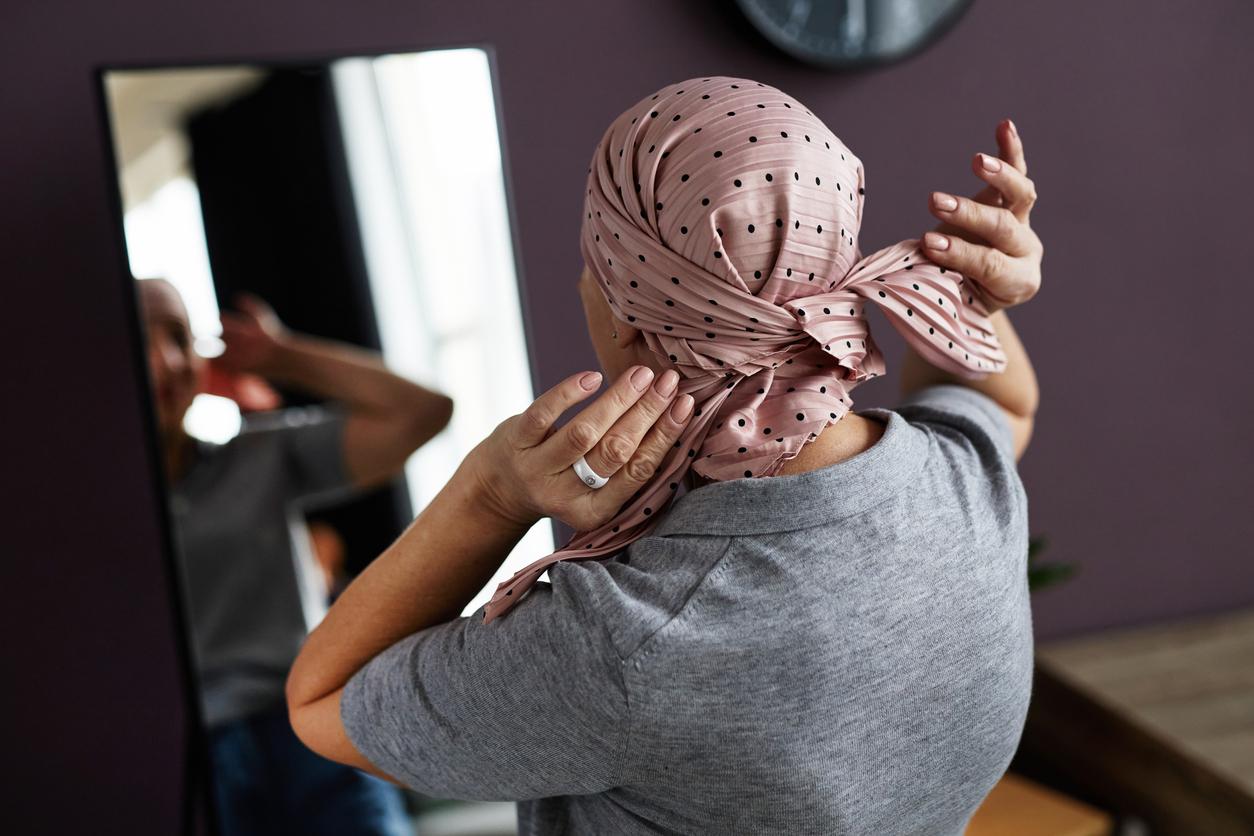Beyond treatments and surgery, French people suffering from cancer can benefit from additional assistance also called “supportive care”.

- Translated from the English “supportive care”, the term “supportive care” designates all the support necessary for seriously ill people alongside specific treatments.
- A new barometer indicates which supportive care French patients felt the most need during the treatment of their cancer.
- Last year in France, the total number of new cases of cancer was estimated at 433,000 (a figure which has doubled since 1990, Editor’s note).
The French-speaking Association for Supportive Oncology Care (AFSOS) has published a new survey on the additional assistance available to French people affected by cancer.
Cancer: what supportive care is desired?
The barometer first teaches us what additional aid (or “supportive care”) which patients felt the most need for during the treatment of their cancer. In descending order, French patients cite:
– management of adverse effects of cancer treatments (58.6%);
– psychological support (53%);
– complementary practices such as acupuncture or hypnosis (47%);
– adapted physical activity (43%);
– dietetics and nutrition (38%);
– pain management (34%);
– socio-aesthetic care (30%).
In addition to identifying needs, the assessment goes further by measuring the percentage of people who actually had access to supportive care.
75% of patients surveyed thus had access to socio-aesthetic care, 72% to pain management, 72% to management of adverse effects of treatments, 72% to psychological support, 69% to dietary/nutritional care, 68% to complementary practices (sophrology, acupuncture, hypnosis, etc.), 67% to a social worker, 64% to adapted physical activity, 54% to psychological support from relatives and 35% to support in continuing or resuming professional activity.
“These results highlight effective access to the main supportive oncological care for more than two-thirds of the patients surveyed,” summarizes AFSOS. “However, this does not mean that they have access to all the supportive care they need. Finally, it should be noted that almost a third of patients did not have the desired access, which highlights a clear margin for possible improvement within health establishments or in the community.” she believes.

Cancer: “better information on supportive care is needed”
Furthermore, the association writes in its report that “the cross-view of patients and health professionals underlines two central points: the need for better information on supportive care from the moment cancer is diagnosed and the need for better referral of patients to health professionals able to meet their needs.”
She ends: “Moreover, this barometer highlights the issue of financial coverage of support care and the difficulty in finding available health professionals to ensure consultations in the current context of medical shortages.”
Last year in France, the total number of new cases of cancer was estimated at 433,000 (a figure which has doubled since 1990, Editor’s note).
















